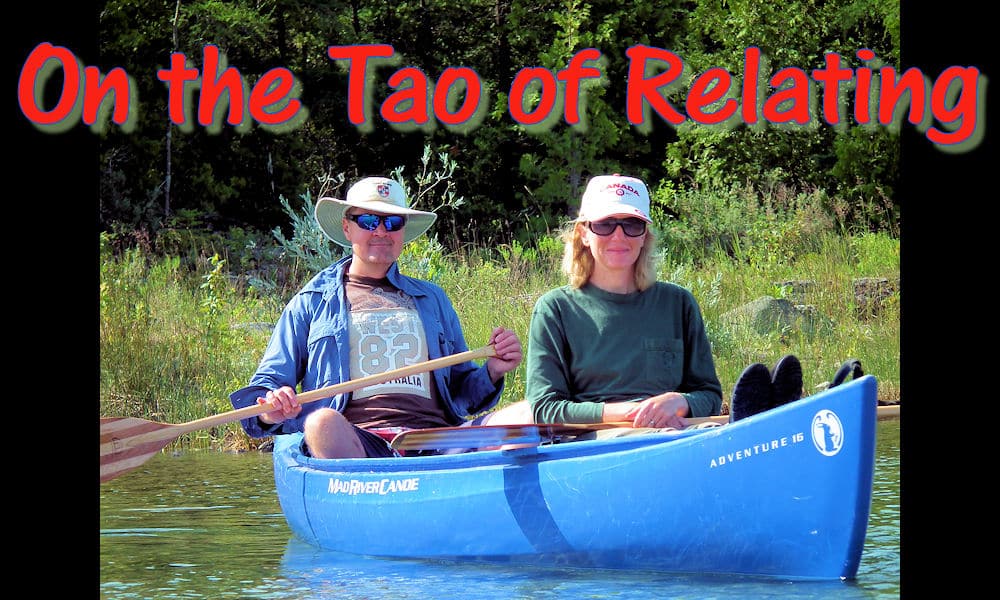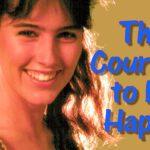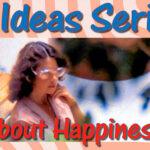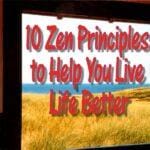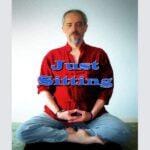The Tao of Relating — learning to be clear, to be honest, and to be present with what is.
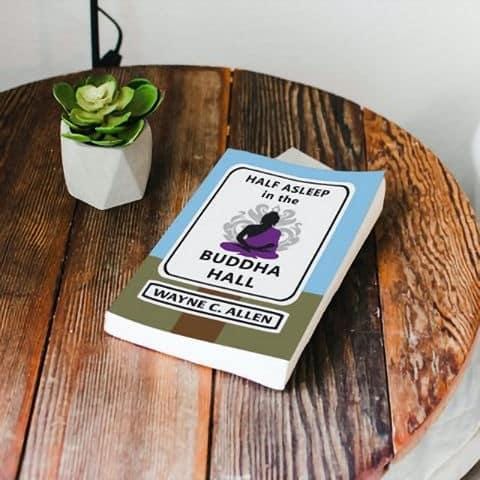
Looking for more on this topic?
Check out my book,
Half Asleep in the Buddha Hall.
My “Eastern” book takes you by the hand and helps you to find peace of mind.
Half Asleep in the Buddha Hall is a Zen-based guide to living life fully and deeply.
(Here’s a direct Amazon link)
Purchase digital versions (Apple, Nook, Kobo, etc.) from this page

It’s a Mirror
I’m not going to spend a lot of time reviewing the myriad of articles I’ve written over the years, detailing what can and does go wrong in relationships.
The shorthand is pictured in the image–finger-pointing is a symbol for the dance of rightness, correctness, obedience, and manipulation.
There’s an odd expectation that others should be there as we want them to be, doing our bidding, and changing whenever we issue a directive. And when they don’t, out come the histrionics–whatever it will take to break the other person’s resolve.
The best relationships, on the other hand, offer nothing–other than a mirror.
Next week, we’ll be looking at the balance of self-knowing, and I’ve found a pile of new stuff to quote. But one line has stuck in my mind for today’s tome:
Happiness requires a certain surrender. Your unhappiness is threaded through your idea of you. Happiness would overturn some things you know about yourself. Happiness asks, “Are you willing to be a different you?” Or, “Are you willing to be not you?“
John Tarrant, Bring Me the Rhinoceros, pg. 147
I want to talk next week more specifically about what “not being you” might look like. The best way to discover this, I believe, is in relationship.
The Tao of it all
The Tao is the energy of life, the un-named thing that runs like a current through everything. Once you catch a glimpse, you can choose to see with different eyes.
What if it was possible to see things just as they are, and at the same time to drop the judgements, stories, and dramas we normally connect to the things of our life?
Mirroring is a technique for reflecting back what you see another doing. In a sense, it’s all about helping your partner see two things:
- the issue, and
- the drama being created over the issue.
In a sense, it’s a call back into the present moment, by disconnecting the present issue from the past and future projections.
The idea of self as mirror has its misuses.
One person Darbella and I knew was a master at using mirroring as an escape. We would offer to hold up the mirror for her–so that she might see her sticking points, and immediately she’d say, “That’s your issue which you are projecting (mirroring) on me.”
Our intent was benign–to say, “Are you aware of this?” Her intent was to run quickly away from self examination.
Now, I’ll be the first to admit that my back goes up a bit when Dar says, “You might want to look at what you are setting up there.” I am so invested in my story, my preconceived notion of what is going on, that I have to really work at “just looking, just seeing.”
I want it to be the way I imagine it, as I have my self, my view, and my distress all rolled up in the game.
Distress?
Yup. We’ll say more about this next week, but the quote above is a reflection on a line from the Buddha: “Are you afraid of this happiness?”
The happiness he was considering is the Tao–the essential nature of everything. If we are not afraid, then everything is perfect, just as it is. What we see, what we feel, who we are at our cores–it’s all “just as it is, right now.”
OK. I know. You’ve been conditioned to find endless things wrong with yourself and emphatically with everyone and everything around you. You’ve spent a lifetime blaming and finger pointing, and your sense of entitlement and righteous indignation has empowered your life–and your misery.
Giving this up is scary–who will I be if I am not judging everything and finding it wanting?
But, it’s a mad, bad world
Yup, and right now, in this moment, all there is, is this article and wherever you are sitting. Now, I know. Wars are everywhere, people are dying of starvation, and … Trump. All is grim.
I ask you to look at your suppositions.
Philosophically, we can all agree that food for everyone, no disease, and an end to war would be a “good thing.” But think, really think, about your approach to such to such topics.
If such events do not touch you directly, you simply bitch, and moan, and complain about them. You might march, or make a donation, or write your Legislator or MP, but in the end, your griping about the plight of others changes nothing.
It’s just another topic for the weekly bitch-fest down at the local watering hole.
If you do confront any of these issues directly, you know that there is nothing to be gained by griping. You have to deal, immediately and clearly, with whatever it is. The more clarity and directness you can bring to bear, the more likely you will shift things, a lot or a bit.
Most of what you make yourself miserable over is stuff over which you have no control.
It’s just up there, rattling around in your head.
I suggest that the point of relationship is to learn more about yourself.
Notice when you are up in arms over someone else–how emphatic you can get about how you life is miserable because of others.
In order to find balance you must learn to let go.
This is the real point of relating–to bring someone along for your ride, and to give them permission to really see you, hear you, and witness the foolishness that goes on between your ears.
If you allow yourself to let go of your stories, evasions, blockages, and judgements, you’ll find that things around you simply exist on their own. They are as they are, and they really don’t need you fixing them.
You begin to see the light, the Tao, of everything, and you let them be. You find a deeper sense of self-meaning, as your self is all you can work on directly.
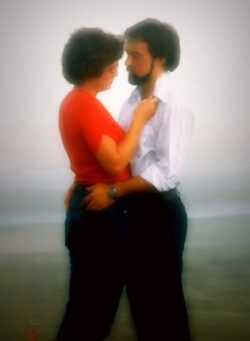
Sometimes, reaching out is reaching in
Then, as you reach out, you find one or two intimate friends–people willing to walk with you, be with you, and emphatically to call you on your foolishness, your blaming, and your games. And you can do the same for them.
Dar and I still bitch and moan. We find all kinds of things not to like about life, about the world, about people we know. We listen to each other as we strip flesh off of the straw dogs we create, and we laugh.
When we make ourselves miserable, we encourage the active expression of the emotion, while clearly denying that the cause is “out there.”
And mostly, we hang out without judgement, listening to each other, laughing with and at each other, and not taking the dramas and games very seriously at all.
This week, examine your relationships. Wonder which ones are worth sustaining, and how many of them you can “just have,” without the stories and misery.
Perhaps, you can let go of the need to make yourself miserable, as you judge, label, and attempt to fix.
You may just find that the end result of dropping the games is an overwhelming rush of happiness. Right here, right now, in this very world, no matter how it appears.

